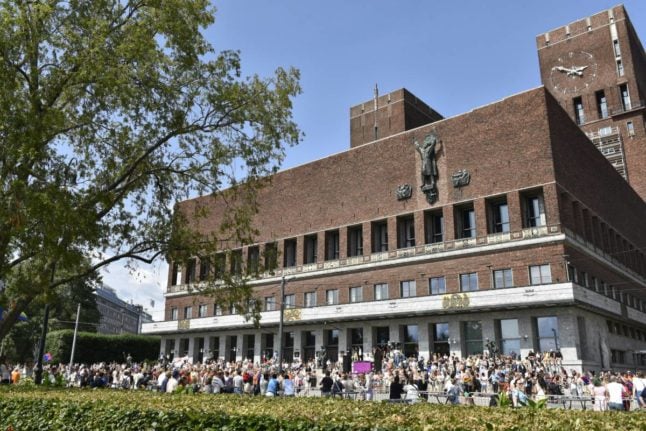Norway is generally considered an attractive country for international students with high-quality education and a range of scholarships, grants, and other financial support to help offset the cost of living and tuition fees.
However, students coming to the country often get the right to stay here through a study permit. As that’s a temporary residence permit, that means that a student – as a rule – must leave Norway after graduating from a university in Norway.
But what options are available to those who want to stay in the country after graduating?
What you need to know if you plan to stay in Norway after graduating
While the study permit is only a temporary residence option, several permit options are available to those who are about to graduate from a Norwegian university.
“Several residence permits can be applied for after achieving a degree or diploma in Norway that may give the applicant a continued stay in Norway based on a new residence permit.
“Most students apply for a job seeker permit, a residence permit as a skilled worker, or a study/researcher permit,” Vibeke Schjem, senior press advisor at the Norwegian Directorate for Immigration (UDI), told The Local.
The UDI employee proceeded to explain which conditions apply to these three permit types:
1. Job seeker permits: Schjem explained that “this permit may be granted to students who have recently graduated in Norway,” adding that the “permit has a maximum duration of one year, and the purpose of the stay must be being a job seeker for skilled work.”
You can find the conditions that apply here.
2. Residence permits for skilled workers: When it comes to the second among the popular permits, the residence permit for skilled workers, it’s important to know that “this is a work permit which requires that the applicant is ‘skilled,’ and it comes with the condition that the applicant has a Bachelor’s degree as a minimum and that the offered work in Norway is relevant and requires the applicant’s competence and higher education,” Schjem said.
The prerequisite and conditions for applying for residence permits for skilled workers can be found here.
3. Study/researcher permits: If a student is admitted to a study program of a higher level than their previous level of studies, a “renewed residence permit as a student may be granted.”
“For example, if the applicant has completed a Bachelor’s degree in Norway and has been admitted to a new study program on a Master’s level,” this permit could be a good fit, Schjem said.
PhD Studies or researcher work with own funds/employed researcher work may also “give grounds for a new residence permit if the conditions are considered as met, and the research is considered to be on a higher level than the previous studies in Norway, and other conditions are considered to be met,” according to the UDI.
However, if a student fails to fulfil the conditions to be granted a new residence permit, they must leave Norway after completing their studies.
The relevant conditions for this type of permit can be found here.
Important deadlines
How much time do international students have to get a residence permit after graduating before they need to leave Norway?
“A temporary residence permit is granted with a specific duration. After the expiry date of the permit, a student must leave Norway. Applications for a permit renewal on the same or new grounds must be applied for at least one month before the expiration date.
“This applies to all types of permits as per the Immigration Act section 61, sixth and seventh paragraph. If the applicant has applied for a permit more than one month before the expiry date of the previous one, and the conditions for applying for a permit are fulfilled, the applicant may stay in Norway during the processing time, cf. 61 sixth and seventh paragraph,” Schjem said.
The UDI employee also added that a “citizen with an EU/EEA citizenship is not required to apply for a residence permit in Norway (and other EU/EEA countries), but they must register at the police in Norway.”
According to the UDI, there are no special residence permit rules that apply only to recent graduates in Norway.



 Please whitelist us to continue reading.
Please whitelist us to continue reading.
Member comments